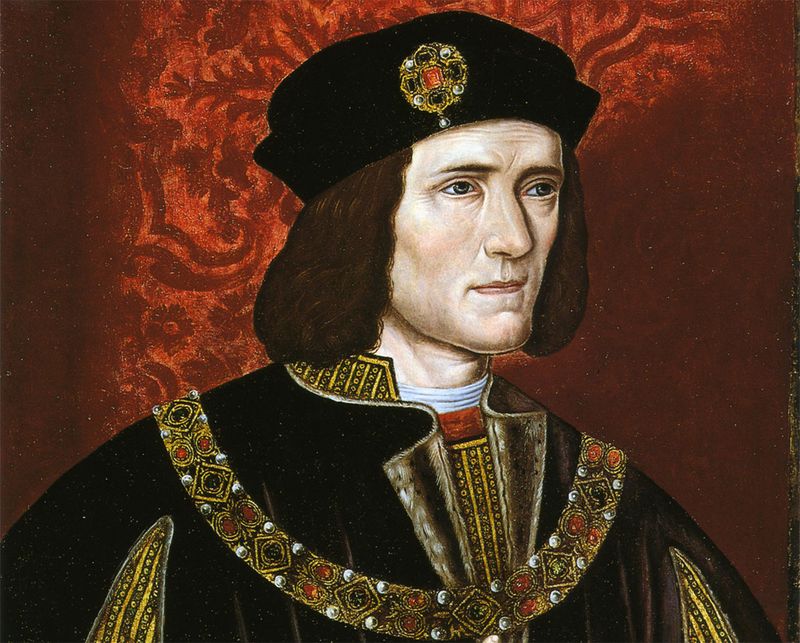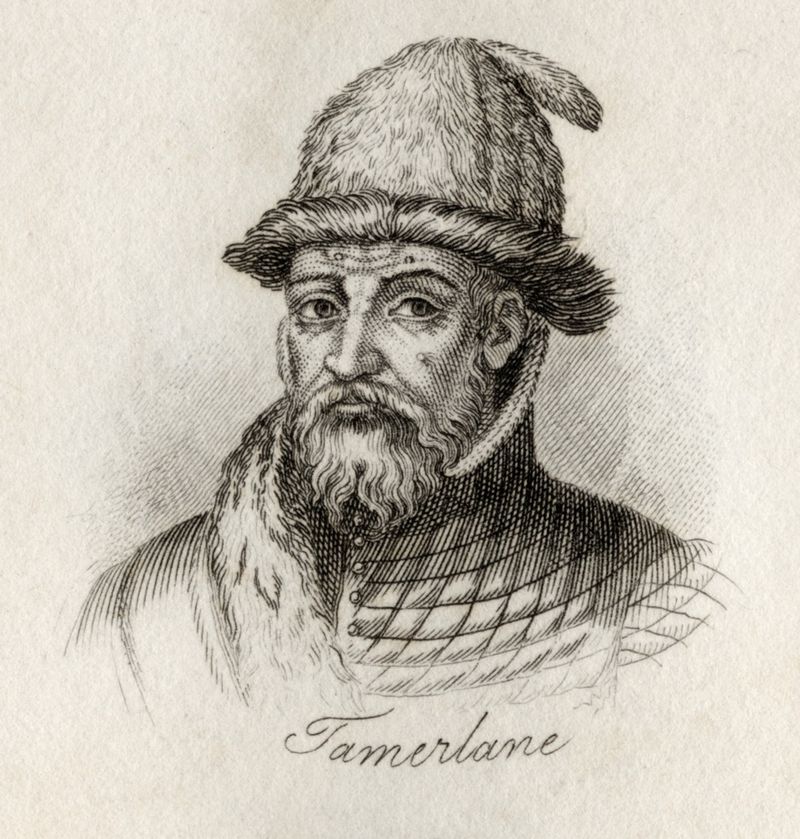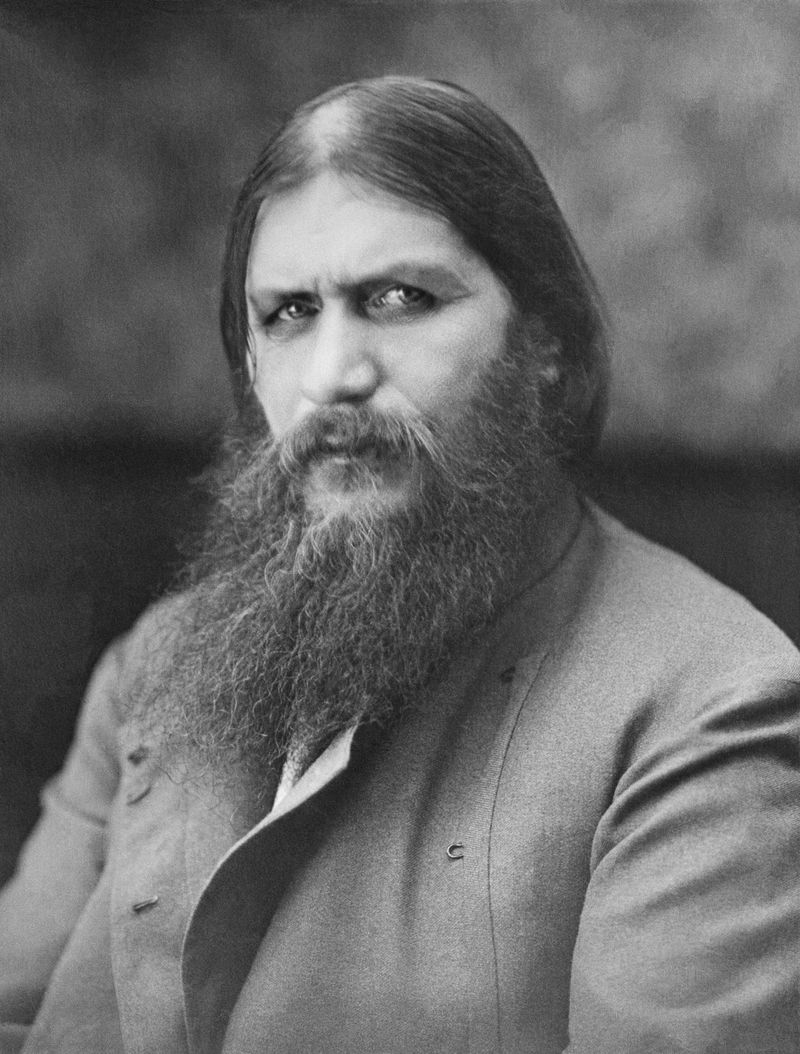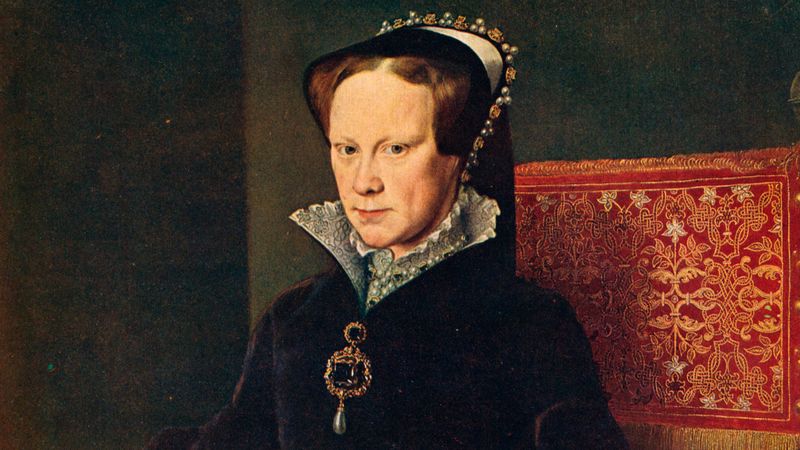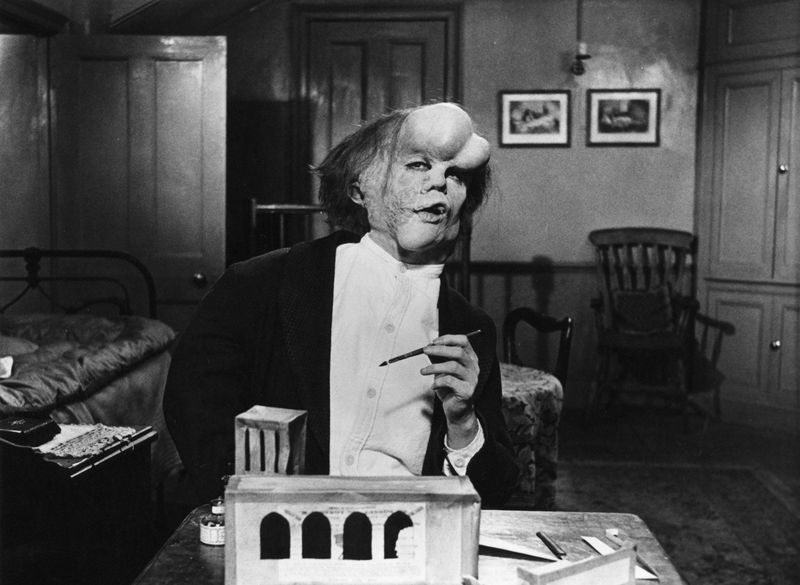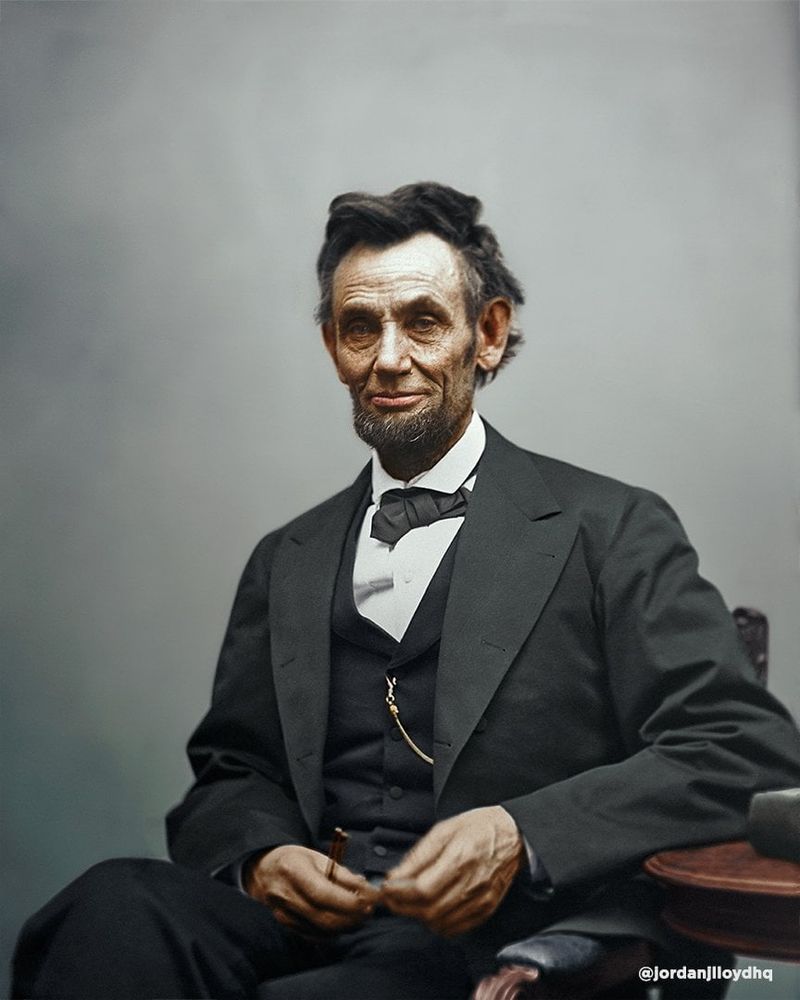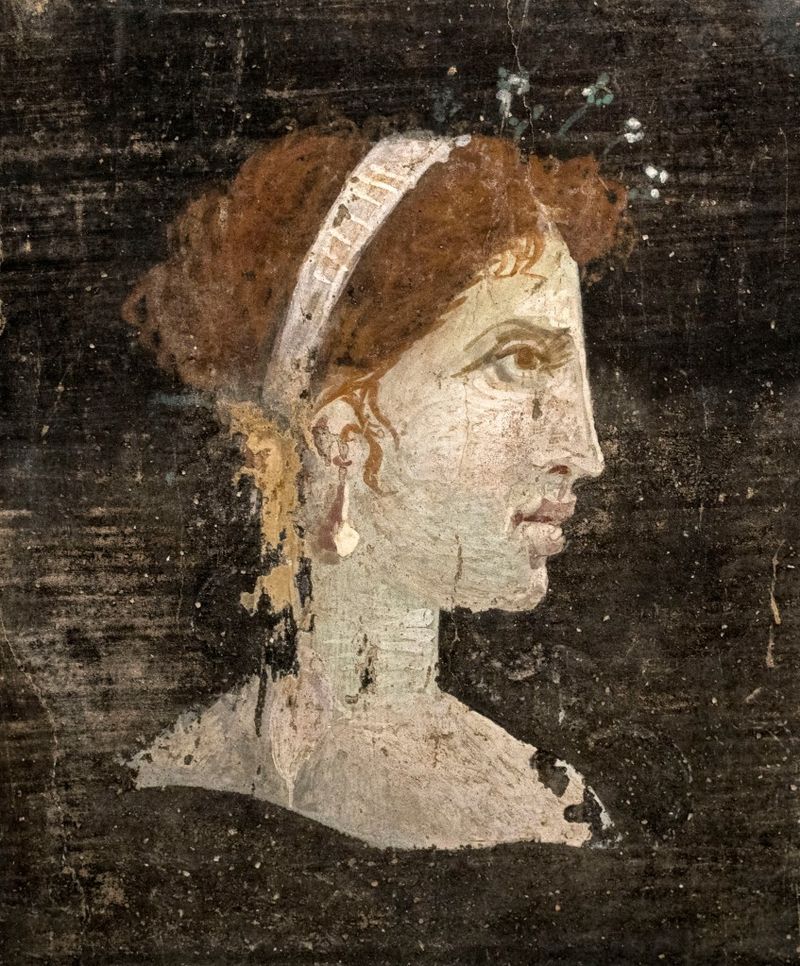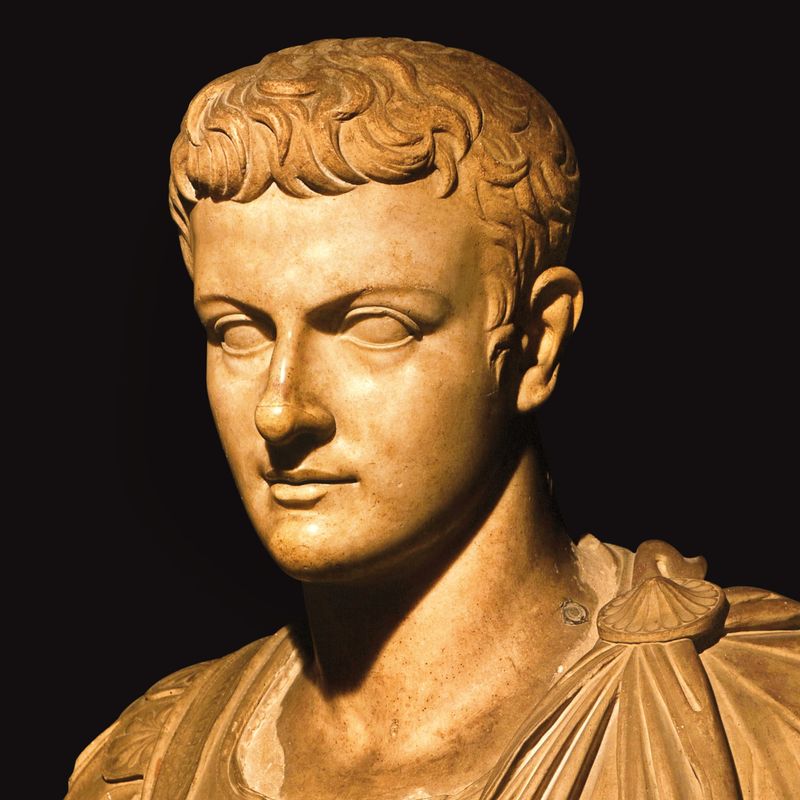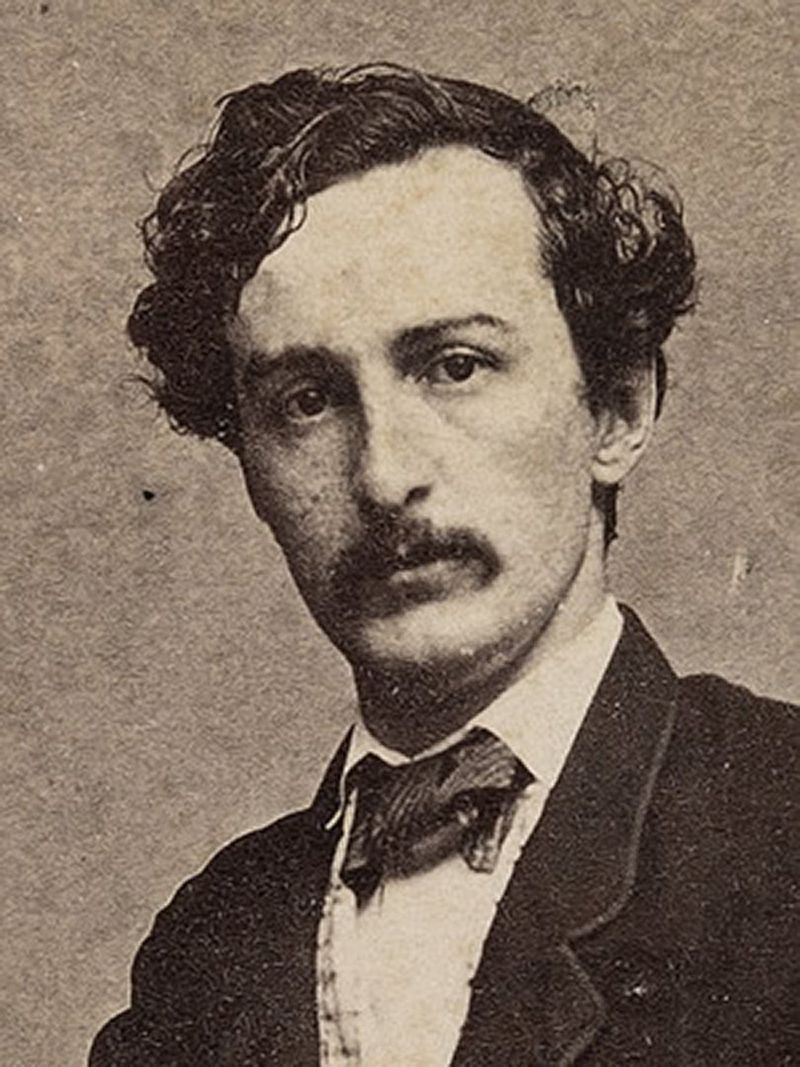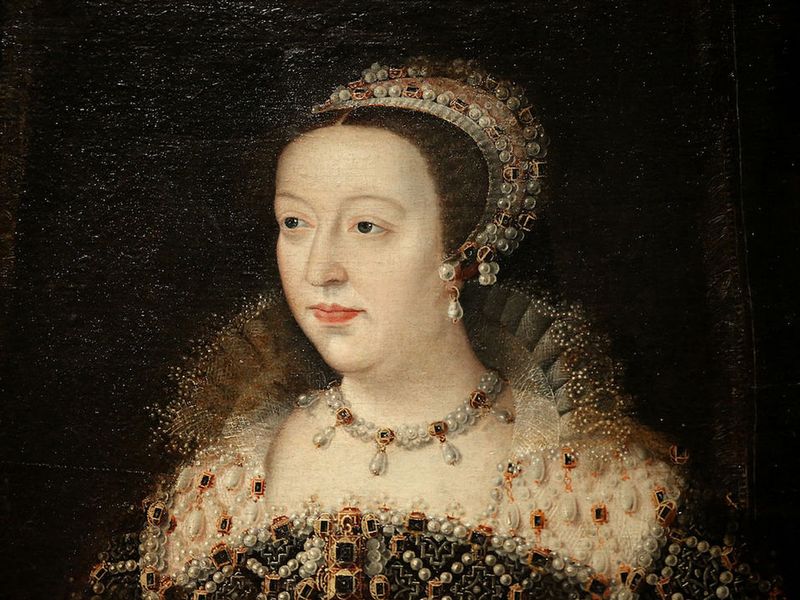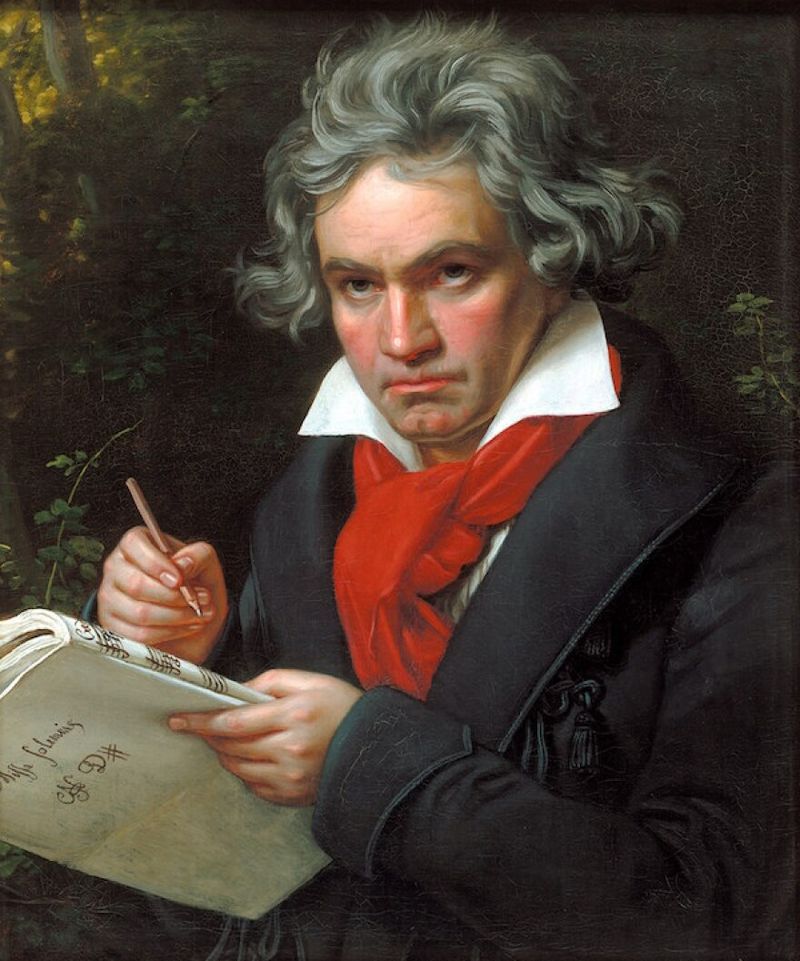While beauty often captures attention, history has shown us that true impact and legacy come from far more than mere physical appearance.
These 13 figures may not have been known for their looks, but their contributions and stories remain influential.
1. Socrates
Socrates, the father of Western philosophy, was never lauded for his looks. His bulging eyes, snub nose, and unkempt appearance were often the subject of jest among Athenians. Despite this, his wisdom and teachings have endured through centuries.
He engaged in dialogues that questioned the essence of knowledge, virtue, and justice. This method of inquiry laid the groundwork for critical thinking. However, his appearance hardly reflected the brilliance that dwelled within.
Socrates’ legacy reminds us of the profound impact of intellectual curiosity, regardless of physical allure.
2. King Richard III
King Richard III’s reign in England was as controversial as his appearance. His physical deformity, notably a curved spine, was often used against him by enemies. Yet, his tenacity and leadership during the Wars of the Roses were undeniable.
Though his rule was short-lived, Richard’s determination to maintain control over a fractured kingdom was remarkable. His legacy continues to be debated by historians.
Richard’s story illustrates how leadership and ambition can transcend physical limitations, leaving a lasting imprint on history.
3. Timur (Tamerlane)
Timur, known as Tamerlane, carved an empire across Asia in the 14th century. Despite being crippled by a limp, his military acumen and strategic brilliance were unmatched.
He established the Timurid Empire, showcasing his prowess beyond physical limitations. His campaigns were often ruthless, yet they expanded trade and cultural exchanges.
Timur’s life exemplifies how vision and determination can redefine history, regardless of physical imperfections.
4. Rasputin
Grigori Rasputin’s influence over the Russian royal family was as infamous as his unkempt appearance. His piercing eyes and wild beard became symbols of mysticism and controversy.
Despite being considered unattractive, Rasputin’s supposed healing abilities and charisma earned him a significant place at court. His legacy is filled with intrigue and speculation.
Rasputin’s story is a reminder that charisma and influence can overpower the barriers of conventional beauty.
5. Mary I (“Bloody Mary”)
Mary I, known as Bloody Mary, was not celebrated for her looks. Her stern features often mirrored her tumultuous reign. She was the first queen to rule England in her own right.
Despite her efforts to restore Catholicism, her reign was marked by religious persecution. Her legacy is a complex tapestry of religious fervor and determination.
Mary’s life serves as a testament to the intricate dynamics of power and faith, far beyond appearances.
6. Joseph Merrick (“The Elephant Man”)
Joseph Merrick, known as the Elephant Man, lived a life of hardship and misunderstanding due to his severe deformities. His appearance prompted both fear and curiosity in Victorian society.
Despite his physical challenges, Merrick’s intelligence and sensitivity won him many admirers, including physicians and socialites. His story is a poignant exploration of humanity and compassion.
Merrick’s legacy underscores the value of empathy and the profound impact of inner strength beyond the surface.
7. Abraham Lincoln
Abraham Lincoln, one of America’s most revered presidents, was not considered handsome by contemporary standards. His tall, gangly frame and rugged features were often commented upon.
Yet, his leadership during the Civil War and his dedication to abolishing slavery are what truly define his legacy. Lincoln’s eloquence and moral conviction still resonate today.
His life reminds us that true greatness arises from principles and actions, not physical appearance.
8. Cleopatra (Honorable Mention)
Cleopatra, the last Pharaoh of Egypt, is often portrayed as a beauty, but historical accounts suggest her charm lay more in her intellect and political acumen. Her alliances with Julius Caesar and Mark Antony speak volumes.
Her ability to rule and maintain Egypt’s independence amidst Roman expansion illustrates her strategic mind. Her legacy is a blend of allure and intelligence.
Cleopatra’s story highlights the complex interplay of charisma, power, and perception in leadership.
9. Caligula
Caligula’s reign in Rome was marked by extravagance and madness, overshadowing any perceptions of his physical attributes. His unpredictable nature and excesses became legendary.
Despite his short rule, Caligula’s actions left a lasting impression on Roman history. His legacy is one of cautionary tales regarding power and its potential to corrupt.
Caligula’s life serves as a stark reminder of how character and actions can define one’s legacy more than appearance.
10. Winston Churchill
Winston Churchill, with his robust figure and unique voice, was not known for conventional attractiveness. However, his leadership during World War II is celebrated worldwide.
Churchill’s speeches and unwavering resolve inspired a nation under threat. His legacy is a testament to the power of words and steadfastness in crises.
Churchill’s story exemplifies how determination and eloquence can eclipse physical traits in shaping history.
11. John Wilkes
John Wilkes, a radical politician and journalist in 18th-century England, was notorious for his unconventional looks. His protruding jaw and cross-eyed gaze were often subjects of satire.
Nevertheless, his fight for civil liberties and freedom of the press garnered widespread support. Wilkes’s legacy is intertwined with the development of modern democracy.
His life underscores the importance of principles and public service over appearances.
12. Catherine de’ Medici
Catherine de’ Medici’s influence in Renaissance France was profound, despite criticisms of her looks. Her role in navigating complex political landscapes was pivotal.
As a queen and regent, she wielded considerable power, often behind the scenes. Her legacy is both admired and critiqued, encompassing intrigue and innovation.
Catherine’s life showcases how cunning and diplomacy can transcend superficial judgments, shaping the course of history.
13. Ludwig van Beethoven
Ludwig van Beethoven, the legendary composer, was often noted for his wild hair and intense demeanor rather than his looks. Yet, his music reshaped the world of classical composition.
Despite personal struggles, including deafness, Beethoven’s compositions continue to inspire generations. His legacy is one of passion and resilience.
Beethoven’s story highlights how creativity and genius are immortal, far beyond the constraints of physical appearance.

